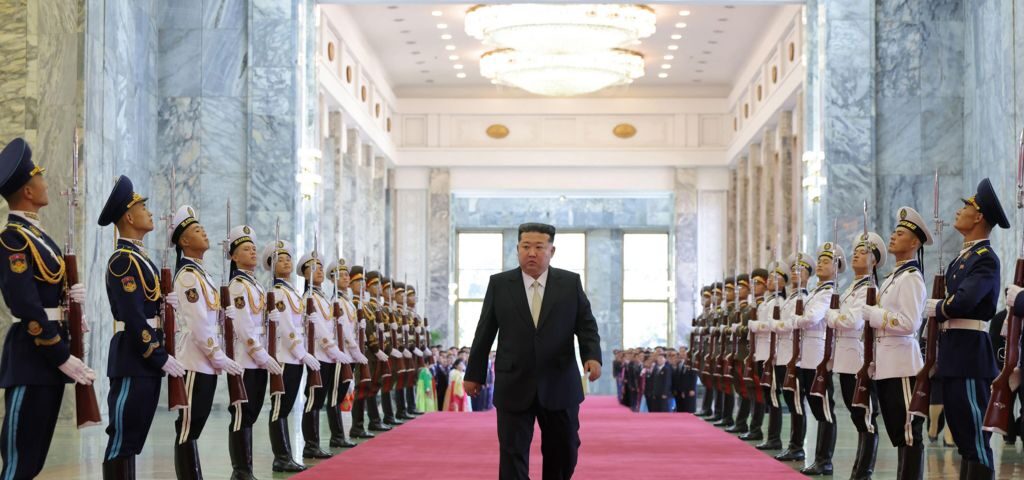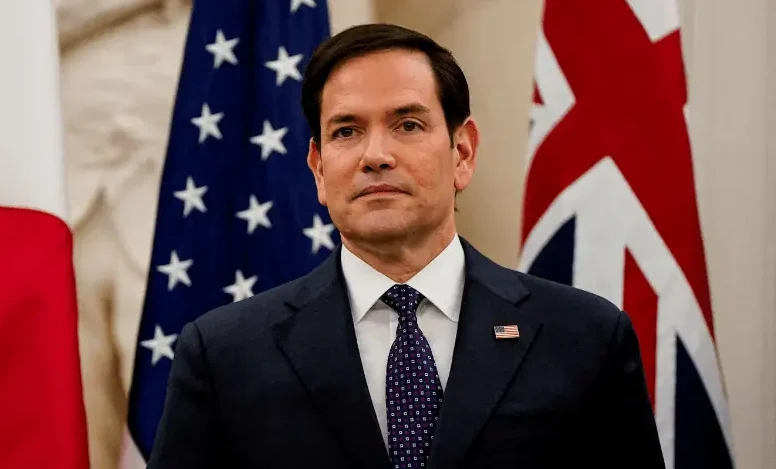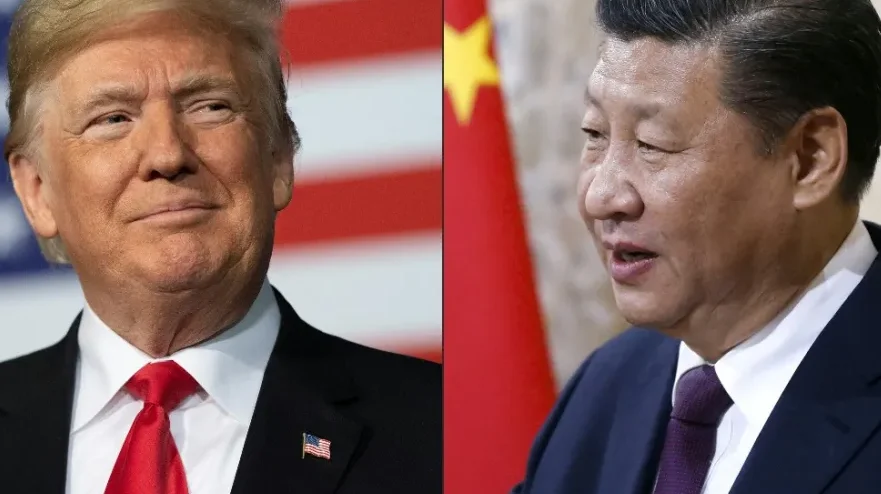North Korea is ramping up the use of the death penalty, with executions carried out even for people caught watching or sharing foreign films and TV dramas, according to a new United Nations report.
The report, published by the UN Human Rights Office, says the country has tightened its grip on every part of daily life over the past decade. Forced labor is becoming more widespread, freedoms are shrinking, and surveillance has become “more pervasive” thanks to technology.
“No other population is under such restrictions in today’s world,” the report concluded.
Volker Türk, the UN’s human rights chief, warned that unless things change, North Koreans will face even more “suffering, brutal repression and fear.”
Executions for Watching TV
The findings are based on more than 300 interviews with people who fled North Korea in the past 10 years. Researchers found that since 2015, at least six new laws have expanded the use of the death penalty, including for watching or sharing foreign media.
Escapees described how executions have increased since 2020, often carried out by firing squads in public to scare others into obedience.
One woman who fled in 2023 told the BBC that three of her friends were executed after being caught with South Korean shows. She witnessed the trial of a 23-year-old friend who was sentenced to death alongside drug offenders.
“These crimes are treated the same now,” she said. “People have become more afraid.”
Hopes Crushed Under Kim Jong Un
When Kim Jong Un took power in 2011, many hoped life would improve. He promised people would no longer have to “tighten their belts,” vowing to grow the economy while strengthening the country’s nuclear weapons program.
But those hopes faded. After breaking off talks with the US and the West in 2019, Kim shifted focus almost entirely to weapons development. The report says living conditions and human rights have since “degraded.”
Almost everyone interviewed said they struggled to get enough food. Many called three meals a day a “luxury.” During the Covid-19 pandemic, food shortages worsened, and people died of hunger across the country.
At the same time, authorities cracked down on informal markets where families earned a living, and heavily reinforced the border with China. Soldiers were ordered to shoot people trying to escape.
“In the early days of Kim Jong Un, we had some hope,” said one woman who escaped in 2018. “But the government gradually blocked people from making a living independently, and the very act of living became a daily torment.”
Forced Labor and Prison Camps
The report also highlights a rise in forced labor. Poor families are pressured to send relatives into “shock brigades,” where they work in construction or mining under dangerous conditions. Deaths are common, but instead of improving safety, the government portrays the deaths as heroic sacrifices to Kim Jong Un. Thousands of orphans and street children have also been forced into these programs.
The UN says at least four political prison camps remain active. Escapees reported torture, abuse, and deaths from overwork and starvation, though there were some reports of slightly less violence from guards in recent years.
A landmark 2014 UN investigation had already accused North Korea of crimes against humanity, including indefinite detention and “disappearances” at these camps. The new report confirms many of those abuses continue.
Calls for Action
The UN is urging the situation to be referred to the International Criminal Court, though this would require approval from the UN Security Council. China and Russia, both allies of Pyongyang, have blocked similar efforts in the past.
Just last week, Kim Jong Un appeared alongside Chinese leader Xi Jinping and Russian President Vladimir Putin at a military parade in Beijing, signaling their continued support for his regime.
The UN is calling on North Korea to shut down its prison camps, end executions, and begin educating citizens about human rights.
“Our reporting shows a clear and strong desire for change, particularly among young people,” Türk said.






